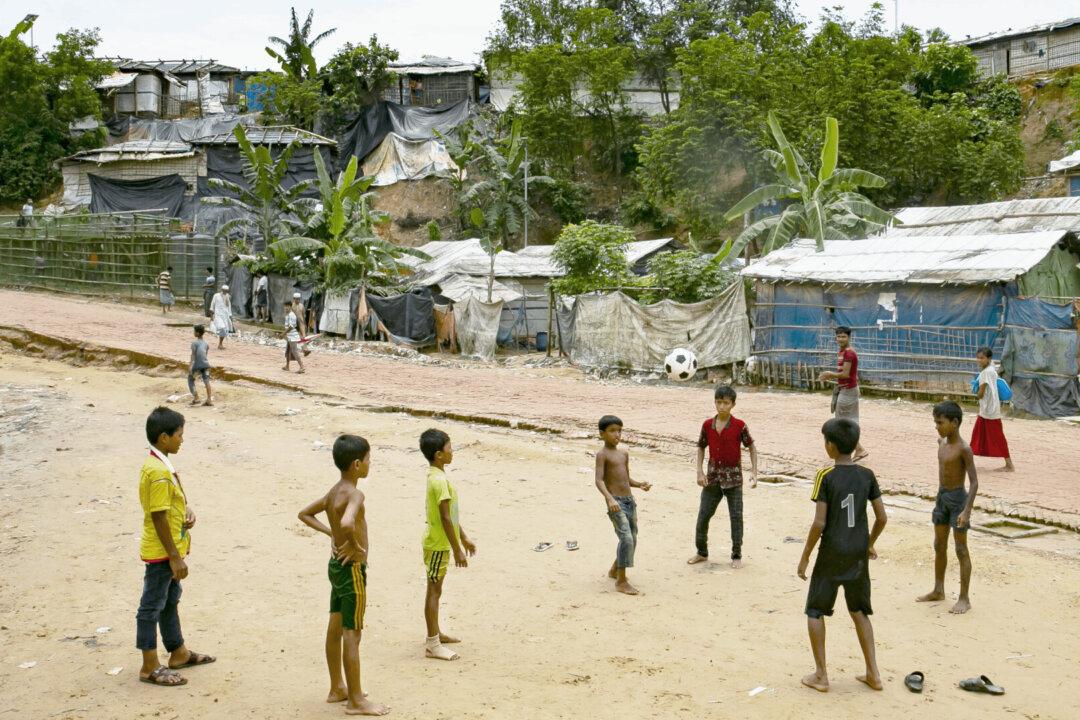A team from the Monash Centre for Development Economics and Sustainability (CDES) has found that simple activities such as play therapy and art have proven powerful not only for improving the mental health and wellbeing of Rohingya women and children but also for preserving their traditional culture.
Located in Cox’s Bazar, Bangladesh, the world’s largest refugee camp is inhabited mostly by Rohingya refugees that fled ethnic and religious persecution in Burma (also known as Myanmar).





